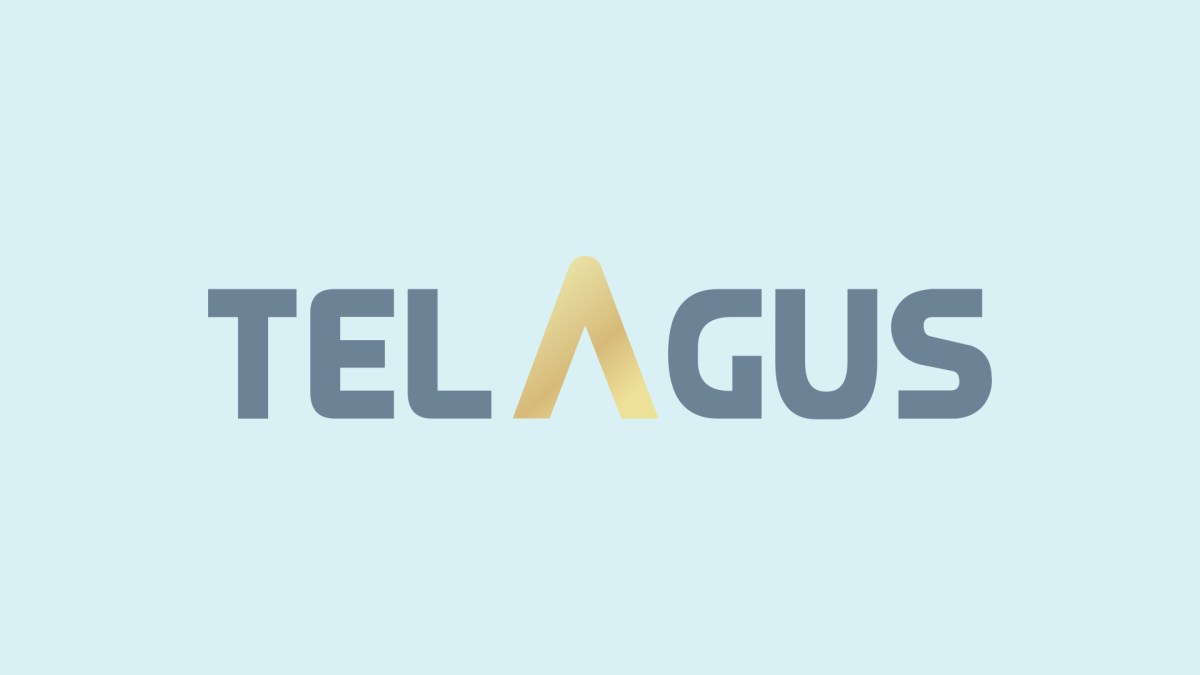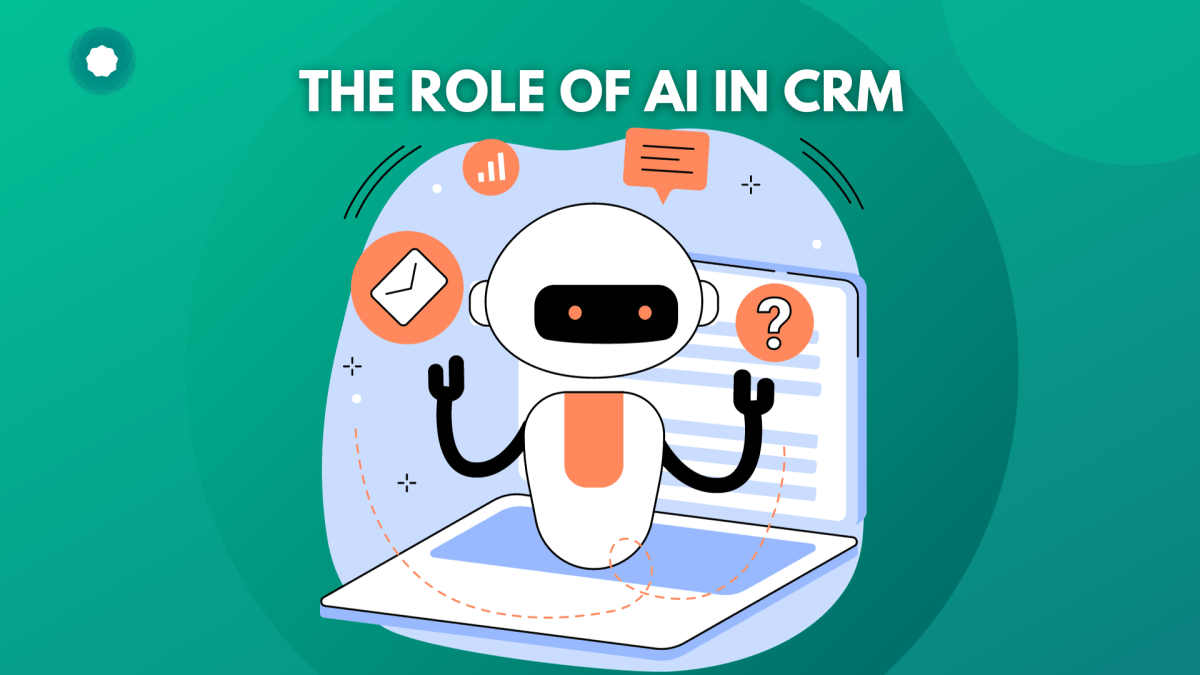AI-Powered CRM Software: 7 Revolutionary Benefits You Can’t Ignore
Imagine a CRM that doesn’t just store customer data but actually predicts their next move. That’s the power of AI-Powered CRM Software—transforming how businesses connect, convert, and retain customers with intelligent automation and deep insights.
What Is AI-Powered CRM Software?

AI-Powered CRM Software integrates artificial intelligence into customer relationship management systems to automate tasks, predict customer behavior, and deliver personalized experiences at scale. Unlike traditional CRM platforms that rely on manual input and static data, AI-enhanced systems learn from interactions and continuously improve over time.
Core Components of AI in CRM
The integration of AI into CRM isn’t a single feature but a suite of intelligent technologies working in harmony. These include natural language processing (NLP), machine learning algorithms, predictive analytics, and robotic process automation (RPA).
- Natural Language Processing (NLP): Enables systems to understand and respond to human language in emails, chats, and social media.
- Machine Learning: Learns from historical data to make predictions about customer churn, sales outcomes, and service needs.
- Predictive Analytics: Forecasts future customer behaviors based on past interactions and market trends.
Together, these components allow AI-Powered CRM Software to go beyond data storage and become a proactive business intelligence engine.
Evolution from Traditional CRM to AI-Driven Systems
Traditional CRM systems were designed primarily for contact management, sales tracking, and basic reporting. While useful, they required significant manual effort and offered limited foresight. As customer expectations evolved, so did the need for smarter tools.
The shift began with cloud-based CRMs like Salesforce and HubSpot, which improved accessibility and collaboration. The next leap came with integrating AI, turning passive databases into dynamic advisors. Today, AI-Powered CRM Software can suggest the best time to call a lead, auto-generate email responses, and even detect emotional sentiment in customer messages.
“AI is not replacing humans in CRM; it’s empowering them to focus on what they do best—building relationships.” — Gartner Research, 2023
Top 7 Benefits of AI-Powered CRM Software
The adoption of AI in CRM delivers measurable advantages across sales, marketing, and customer service. Here are seven transformative benefits that set AI-Powered CRM Software apart from legacy systems.
1. Hyper-Personalized Customer Experiences
AI analyzes vast amounts of customer data—including purchase history, browsing behavior, and communication patterns—to deliver highly personalized interactions. This level of customization increases engagement and loyalty.
- Dynamic product recommendations based on real-time behavior.
- Personalized email content tailored to individual preferences.
- Customized pricing or offers based on customer lifetime value.
For example, Salesforce Einstein uses AI to personalize customer journeys by predicting the next best action for each user.
2. Enhanced Sales Forecasting Accuracy
One of the most powerful applications of AI-Powered CRM Software is in sales forecasting. By analyzing historical deal data, pipeline velocity, and external factors like market trends, AI models can predict revenue with far greater accuracy than human estimations.
- Identifies high-probability deals and flags at-risk opportunities.
- Adjusts forecasts dynamically as new data enters the system.
- Reduces bias and over-optimism in sales projections.
According to a McKinsey report, companies using AI for sales forecasting saw a 10–20% increase in revenue due to better decision-making.
3. Automated Routine Tasks
AI-Powered CRM Software excels at automating repetitive, time-consuming tasks such as data entry, follow-up emails, and meeting scheduling. This frees up employees to focus on strategic activities.
- Auto-logs calls and emails into the CRM without manual input.
- Generates meeting summaries and action items using transcription AI.
- Schedules follow-ups based on customer responsiveness.
Tools like Zia by Zoho CRM use AI assistants to handle routine administrative work, reducing manual workload by up to 40%.
4. Real-Time Customer Insights
AI processes customer interactions in real time, providing instant insights into sentiment, intent, and satisfaction levels. This allows businesses to respond proactively rather than reactively.
- Sentiment analysis detects frustration in customer service chats.
- Intent recognition identifies upsell opportunities during conversations.
- Behavioral triggers prompt immediate outreach when a user shows buying signals.
These capabilities are especially valuable in support centers, where AI can escalate urgent cases before the customer even asks.
5. Improved Lead Scoring and Qualification
Traditional lead scoring often relies on static rules (e.g., job title, company size). AI-Powered CRM Software uses dynamic scoring models that evolve based on actual conversion patterns.
- Considers engagement frequency, content downloads, and website visits.
- Weights behavioral signals more heavily than demographic data.
- Updates lead scores in real time as new interactions occur.
This results in higher-quality leads being prioritized, improving sales efficiency and conversion rates.
6. Proactive Customer Retention
AI doesn’t just help acquire customers—it helps keep them. By identifying early signs of churn, AI-Powered CRM Software enables proactive retention strategies.
- Flags accounts with declining usage or support complaints.
- Recommends retention offers or check-in calls.
- Tracks customer health scores across multiple touchpoints.
Companies like Microsoft Dynamics 365 use AI-driven customer sentiment analysis to predict churn and trigger retention workflows automatically.
7. Smarter Marketing Campaigns
AI enhances marketing efforts by optimizing campaign timing, content, and audience segmentation. AI-Powered CRM Software ensures that the right message reaches the right person at the right moment.
- Predicts optimal send times for emails based on user activity.
- Tests subject lines and CTAs using AI-generated variants.
- Segments audiences based on predicted lifetime value and engagement likelihood.
This level of precision leads to higher open rates, click-through rates, and overall campaign ROI.
How AI-Powered CRM Software Transforms Sales Teams
Sales teams are among the biggest beneficiaries of AI integration in CRM. From lead prioritization to deal closure, AI streamlines every stage of the sales funnel.
Intelligent Lead Prioritization
Instead of sifting through hundreds of leads manually, sales reps can rely on AI to highlight the most promising prospects. AI-Powered CRM Software evaluates thousands of data points to determine which leads are most likely to convert.
- Uses predictive scoring to rank leads by conversion probability.
- Integrates with external data sources (e.g., LinkedIn, news feeds) to enrich lead profiles.
- Alerts reps when a lead visits pricing pages or downloads key content.
This reduces wasted effort and increases sales productivity.
AI-Driven Sales Coaching
Modern AI-Powered CRM Software includes coaching features that analyze sales calls, emails, and meeting notes to provide feedback to reps.
- Identifies missed upsell opportunities during conversations.
- Measures talk-to-listen ratios and detects dominant communication styles.
- Recommends scripts or responses based on successful past interactions.
Platforms like Gong and Chorus integrate with CRM systems to deliver real-time coaching insights powered by AI.
Automated Deal Management
AI helps sales managers monitor deal progress and identify bottlenecks. It can predict deal slippage, recommend next steps, and even draft follow-up emails.
- Flags deals stuck in the same stage for too long.
- Suggests collateral or case studies based on the prospect’s industry.
- Automates approval workflows for discounts or contracts.
This ensures deals move smoothly through the pipeline with minimal friction.
Revolutionizing Customer Service with AI-Powered CRM Software
Customer service is no longer just about resolving issues—it’s about creating memorable experiences. AI-Powered CRM Software enables support teams to deliver faster, smarter, and more empathetic service.
AI Chatbots and Virtual Agents
AI-powered chatbots are now standard in modern CRM platforms. These virtual agents handle routine inquiries 24/7, freeing human agents for complex issues.
- Answer FAQs about order status, returns, and account details.
- Escalate conversations to live agents when needed.
- Learn from past interactions to improve response accuracy.
For instance, ServiceNow’s AI Assistant reduces resolution times by automating up to 70% of common service requests.
Sentiment Analysis for Emotional Intelligence
AI can detect emotions in text and voice communications, allowing support teams to respond with appropriate empathy.
- Highlights angry or frustrated customers for immediate attention.
- Suggests calming language or compensation offers.
- Tracks emotional trends across customer segments.
This emotional intelligence layer improves customer satisfaction and reduces escalations.
Self-Service Empowerment
AI-Powered CRM Software enhances self-service portals by making them more intuitive and helpful.
- Offers smart search that understands natural language queries.
- Recommends relevant articles or videos based on user context.
- Guides users through troubleshooting steps interactively.
Companies like Zendesk use AI to power their Answer Bot, which deflects up to 30% of incoming tickets through self-service.
AI in Marketing: Smarter Campaigns with CRM Integration
Marketing teams leverage AI-Powered CRM Software to create hyper-targeted campaigns that drive engagement and conversions.
Predictive Audience Segmentation
Instead of segmenting audiences by basic demographics, AI uses behavioral and predictive data to form micro-segments.
- Groups customers by predicted churn risk, upsell potential, or product affinity.
- Identifies lookalike audiences for acquisition campaigns.
- Adjusts segments dynamically as customer behavior changes.
This leads to more relevant messaging and higher campaign performance.
Content Optimization Using AI
AI analyzes which types of content resonate most with different audience segments and optimizes future campaigns accordingly.
- Tests headlines, images, and CTAs using A/B testing powered by machine learning.
- Recommends content formats (video, blog, infographic) based on engagement history.
- Generates draft copy for emails or social posts using natural language generation (NLG).
Tools like HubSpot’s Content Strategy Tool use AI to suggest topics and optimize content calendars.
Multi-Channel Campaign Orchestration
AI-Powered CRM Software synchronizes marketing efforts across email, social media, SMS, and ads for a unified customer journey.
- Determines the best channel for each message based on user preference.
- Prevents message fatigue by spacing out communications.
- Tracks cross-channel engagement to attribute conversions accurately.
This orchestration ensures consistent branding and maximizes reach.
Key Features to Look for in AI-Powered CRM Software
Not all CRM systems with AI are created equal. When evaluating options, look for these essential features to ensure you’re getting true AI value.
Predictive Analytics Engine
A robust predictive engine should forecast sales, churn, and customer lifetime value with high accuracy.
- Uses machine learning models trained on your specific data.
- Provides confidence scores for each prediction.
- Allows customization of prediction criteria.
Without this, the system is just automating guesses rather than delivering insights.
Natural Language Processing (NLP) Capabilities
NLP enables the CRM to understand unstructured data like emails, chat logs, and call transcripts.
- Extracts key entities (names, dates, topics) from conversations.
- Summarizes long interactions into actionable insights.
- Supports multiple languages for global teams.
This turns qualitative feedback into quantifiable data.
AI-Driven Automation Workflows
The best AI-Powered CRM Software allows you to build intelligent workflows that adapt based on conditions.
- Triggers actions based on behavioral triggers (e.g., cart abandonment).
- Adjusts workflow paths using real-time data.
- Integrates with external tools (e.g., email, calendar, ERP).
These workflows reduce manual intervention and improve response speed.
Challenges and Ethical Considerations of AI-Powered CRM Software
While the benefits are substantial, adopting AI in CRM comes with challenges that must be addressed responsibly.
Data Privacy and Security Risks
AI systems require vast amounts of customer data, raising concerns about privacy and compliance.
- Ensure compliance with GDPR, CCPA, and other data protection laws.
- Implement strong encryption and access controls.
- Be transparent with customers about data usage.
Failure to protect data can result in legal penalties and loss of trust.
Bias in AI Algorithms
AI models can inherit biases from training data, leading to unfair treatment of certain customer groups.
- Regularly audit AI decisions for discriminatory patterns.
- Use diverse datasets to train models.
- Allow human oversight for critical decisions.
For example, biased lead scoring could disadvantage small businesses or minority-owned companies.
Over-Reliance on Automation
While automation improves efficiency, excessive reliance can erode human connection.
- Balance AI suggestions with human judgment.
- Preserve space for empathy and creativity in customer interactions.
- Train teams to interpret AI insights, not blindly follow them.
The goal is augmentation, not replacement.
Future Trends in AI-Powered CRM Software
The evolution of AI in CRM is accelerating. Here are key trends shaping the future of customer relationship management.
Generative AI for Content and Communication
Generative AI is transforming how businesses create content and interact with customers.
- AI writes personalized emails, proposals, and social media posts.
- Generates realistic voice assistants for phone support.
- Creates dynamic landing pages tailored to visitor profiles.
Platforms like Oracle CX are already integrating generative AI to streamline customer communications.
Hyper-Automation Across Departments
AI-Powered CRM Software will increasingly integrate with ERP, HR, and supply chain systems for end-to-end automation.
- Automates order fulfillment after a sale closes.
- Triggers onboarding workflows for new customers.
- Syncs customer feedback with product development teams.
This creates a truly connected enterprise ecosystem.
Explainable AI (XAI) for Transparency
As AI decisions impact business outcomes, stakeholders demand to know how conclusions are reached.
- XAI provides clear explanations for AI-generated recommendations.
- Builds trust among sales and service teams.
- Supports regulatory compliance in financial and healthcare sectors.
Expect more CRM vendors to offer “AI transparency dashboards” in the coming years.
What is AI-Powered CRM Software?
AI-Powered CRM Software combines artificial intelligence with customer relationship management tools to automate processes, predict customer behavior, and deliver personalized experiences. It uses technologies like machine learning, NLP, and predictive analytics to enhance decision-making across sales, marketing, and service teams.
How does AI improve customer service in CRM?
AI enhances customer service through chatbots, sentiment analysis, and automated ticket routing. It enables 24/7 support, detects emotional cues in conversations, and empowers self-service, leading to faster resolutions and higher satisfaction.
Can small businesses benefit from AI-Powered CRM Software?
Absolutely. Many AI-Powered CRM Software solutions are now affordable and scalable for small businesses. Platforms like HubSpot and Zoho offer AI features at competitive prices, helping smaller teams compete with larger enterprises.
Is AI in CRM replacing human jobs?
No, AI is not replacing humans but augmenting their capabilities. It handles repetitive tasks, allowing employees to focus on strategic, creative, and empathetic aspects of customer relationships. The role of humans remains critical in oversight and relationship-building.
What are the risks of using AI in CRM?
Risks include data privacy violations, algorithmic bias, and over-automation. To mitigate these, businesses must ensure compliance, audit AI models regularly, and maintain a balanced approach that values human insight alongside machine intelligence.
The rise of AI-Powered CRM Software marks a fundamental shift in how businesses manage customer relationships. From predictive analytics to intelligent automation, AI is making CRM systems more proactive, personalized, and efficient. While challenges around ethics and implementation remain, the potential for growth and customer satisfaction is immense. The future belongs to organizations that embrace AI not as a replacement for human touch, but as a tool to amplify it. As technology evolves, the most successful companies will be those that integrate AI-Powered CRM Software thoughtfully, ethically, and strategically.
Further Reading:



